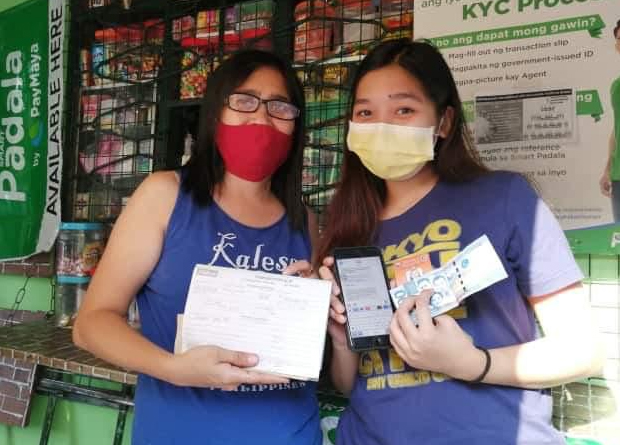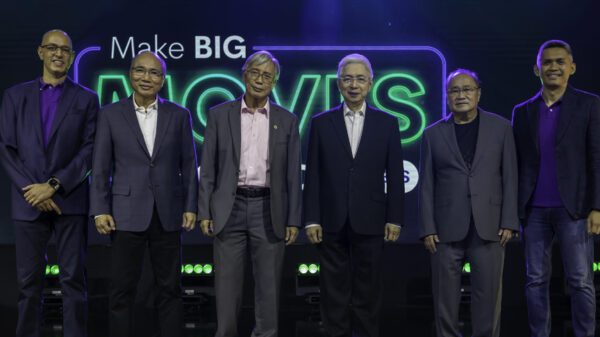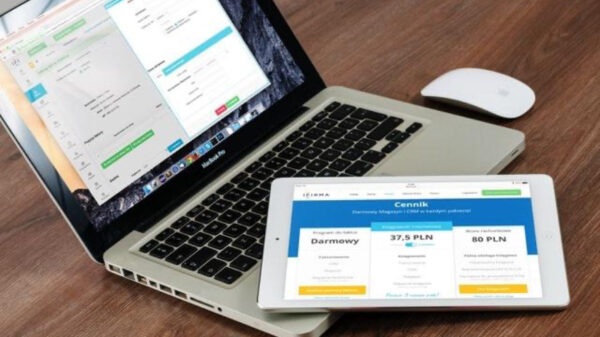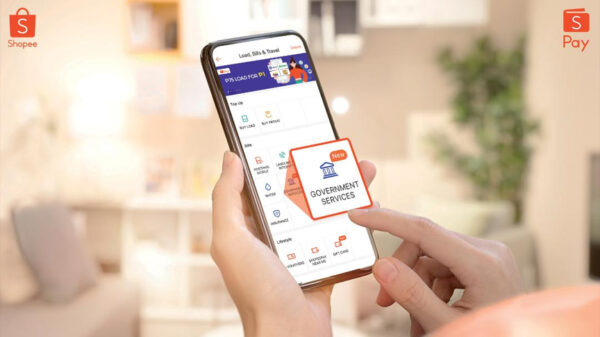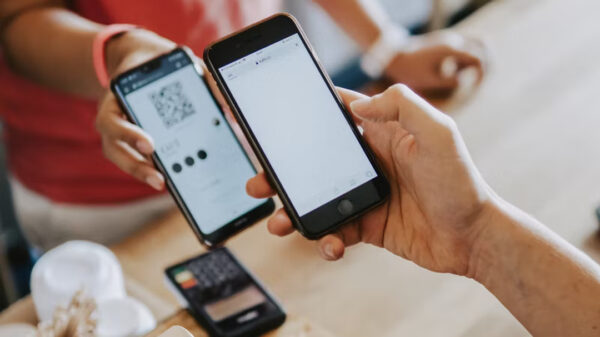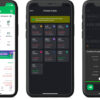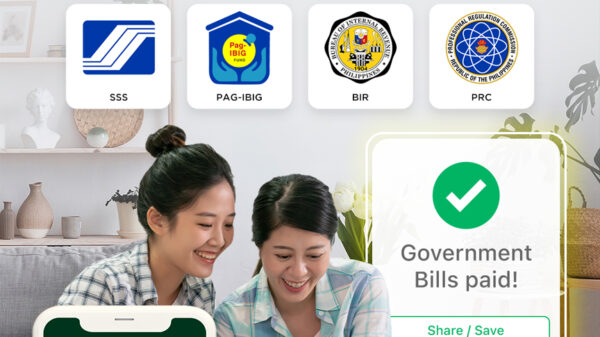Digital financial services player PayMaya helped disburse more than P1.4 billion in financial aid to at least 120,000 citizen beneficiaries nationwide under the social amelioration programs of various national government agencies and local government units since the start of COVID-19 community quarantines last March.
Realizing the need for a quick and efficient system to hand out financial aid that also prevents cash handling, which may contribute to spreading the virus, the government both in the national and local level has turned to PayMaya’s e-Wallet and its other digital financial services to provide the fastest way to deliver much-needed assistance to their respective constituents.
Funds from the Social Security System’s (SSS) Small Business Wage Subsidy (SBWS) program, for example, were disbursed directly to the PayMaya accounts of registered beneficiaries nationwide in as fast as two weeks for the first tranche, providing critical aid to small business employees who lost their income due to the quarantine.
Aside from the SSS, the Department of Social Welfare and Development (DSWD) has also tapped PayMaya to help distribute monetary aid to displaced workers around the country as part of its Assistance to Individuals in Crisis Situations (AICS) program.
On the local level, the cities of Caloocan, Las Piñas, Manila, Mandaluyong, Pasig, and Quezon City are among the first LGUs to have utilized digital payments to deliver financial aid straight to the PayMaya accounts of senior citizens, persons with disabilities (PWDs), solo parents, and scholars, among other constituents in their respective localities.
“To address the COVID-19 crisis, government agencies and LGUs have adopted digital technologies such as PayMaya in providing crucial aid to their constituents. Having an e-wallet is the fastest and easiest way for citizen beneficiaries to avail of critical services such as government aid, ensuring that no one is left behind,” said PayMaya Founder and CEO Orlando B. Vea.
Given the need for continued government service while still enforcing safety measures to prevent the spread of the virus, Vea encouraged leaders in government to begin establishing inclusive cashless ecosystems around the country as part of their preparations in the coming months.
Cities like Valenzuela, for example, are doubling down on using digital means to conduct government transactions through its “Paspas Permit” program, as well as other services provided by the local government. Valenzuela City utilizes PayMaya’s platforms, giving the local government the ability to accept debit, credit, and prepaid card payments as well as payments via e-wallets.
Just recently, PayMaya signed a partnership with the Bureau of Customs to enable the agency with digital payments acceptance as it prioritizes online transactions for safer and more transparent delivery of services, as well as the Department of Foreign Affairs to allow them to accept credit/debit card and e-wallet payments for passport application and renewal appointments.
Previously, PayMaya also partnered with the BIR, SSS, PAG-IBIG, Department of Trade and Industry, Department of Foreign Affairs, Department of Science and Technology, as well as the Professional Regulation Commission, among others, to allow their respective constituents to transact and remit payments via electronic means.
PayMaya is the only end-to-end digital payments ecosystem enabler in the Philippines with platforms and services that cut across consumers, merchants, and government. Aside from providing payments acceptance for the largest e-Commerce, food, retail and gas merchants in the Philippines, PayMaya enables national and social services agencies as well as local government units with digital payments and disbursement services.
Through its app and wallet, PayMaya provides millions of Filipinos with the fastest way to own a financial account with over 40,000 Add Money touchpoints nationwide, more than double the total number of traditional bank branches in the Philippines combined. Its Smart Padala by PayMaya network of over 30,000 partner touchpoints nationwide serves as last mile digital financial hubs in communities, providing the unbanked and underserved with access to services.





















































































